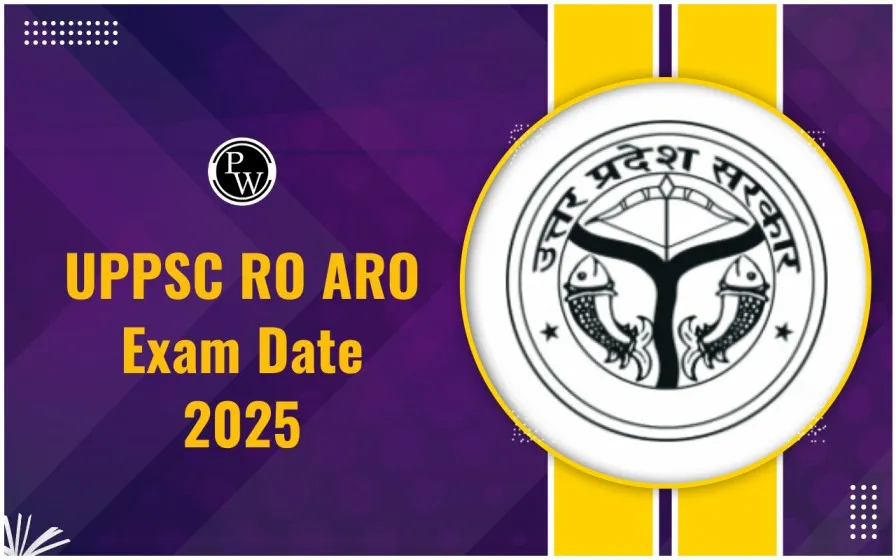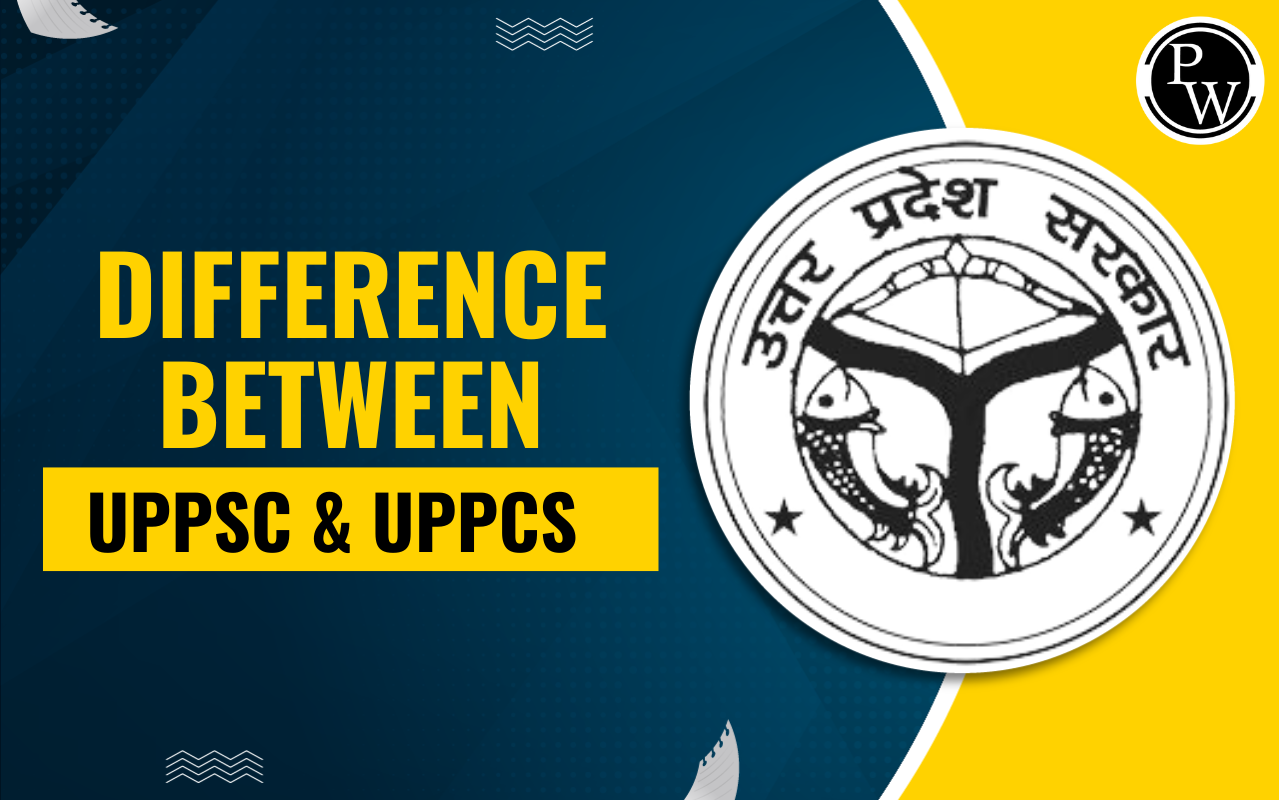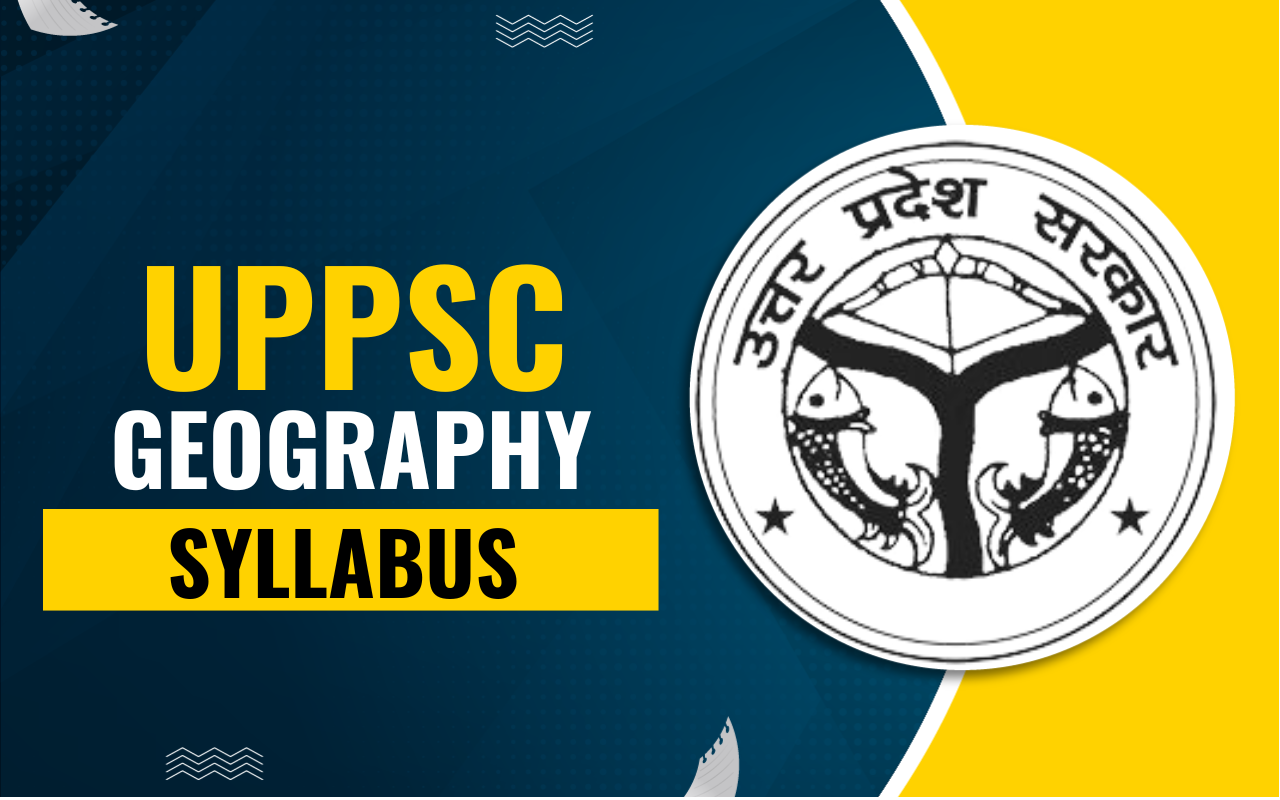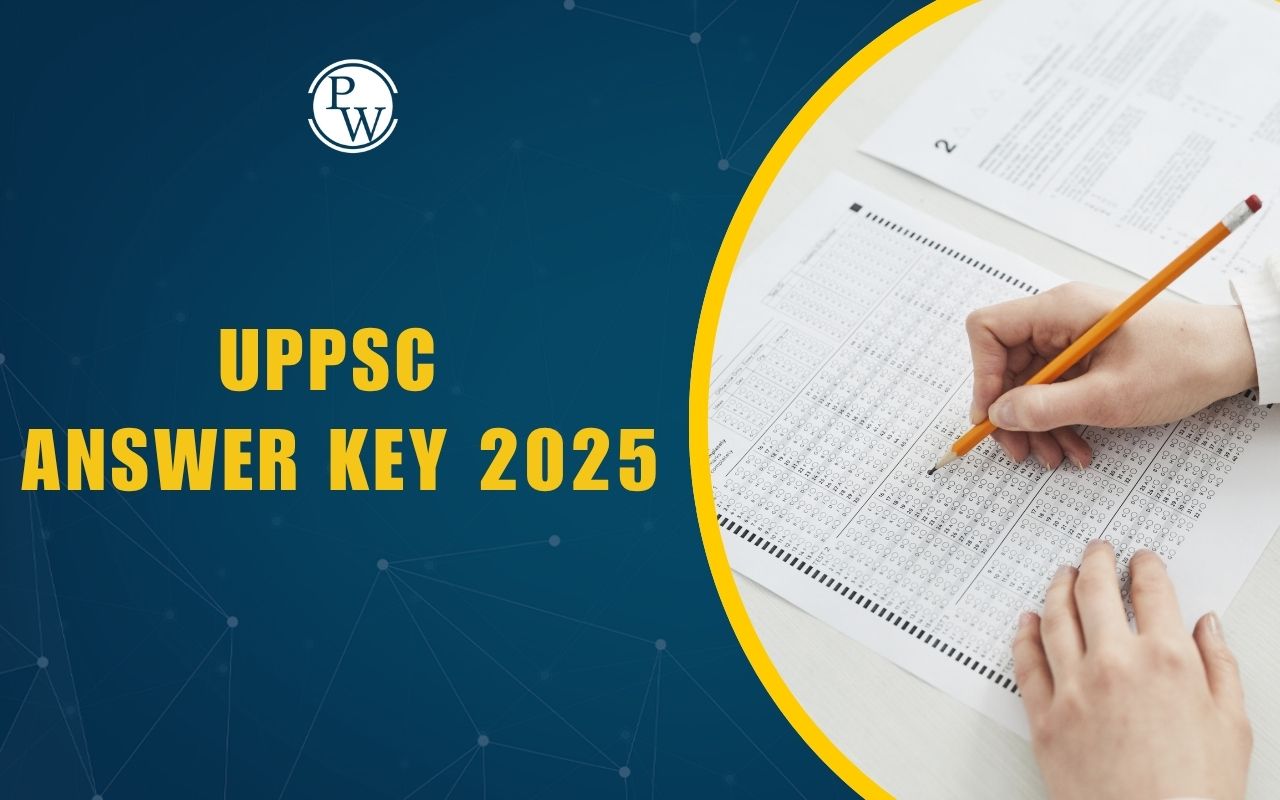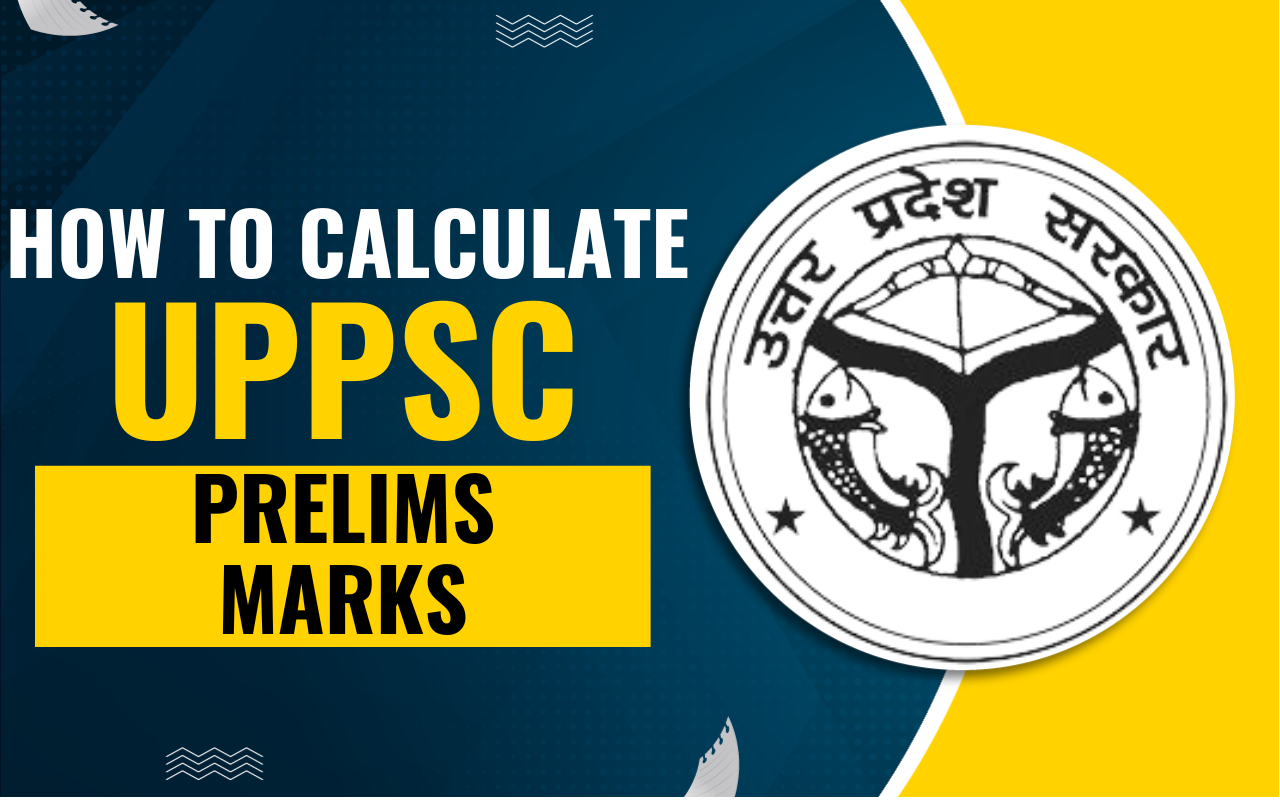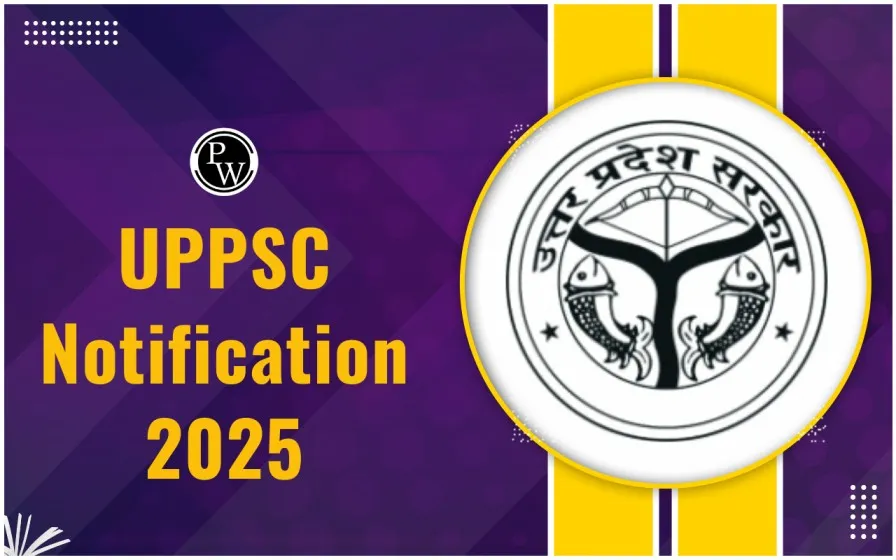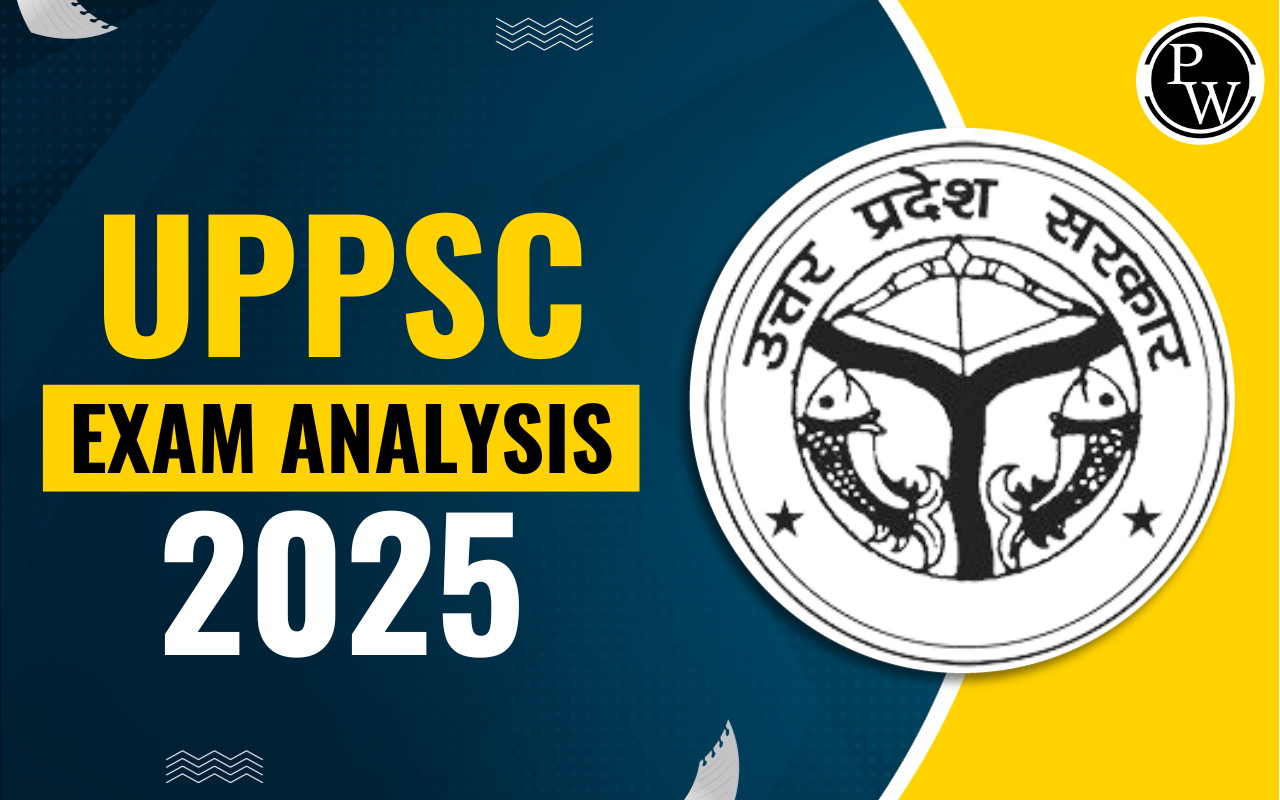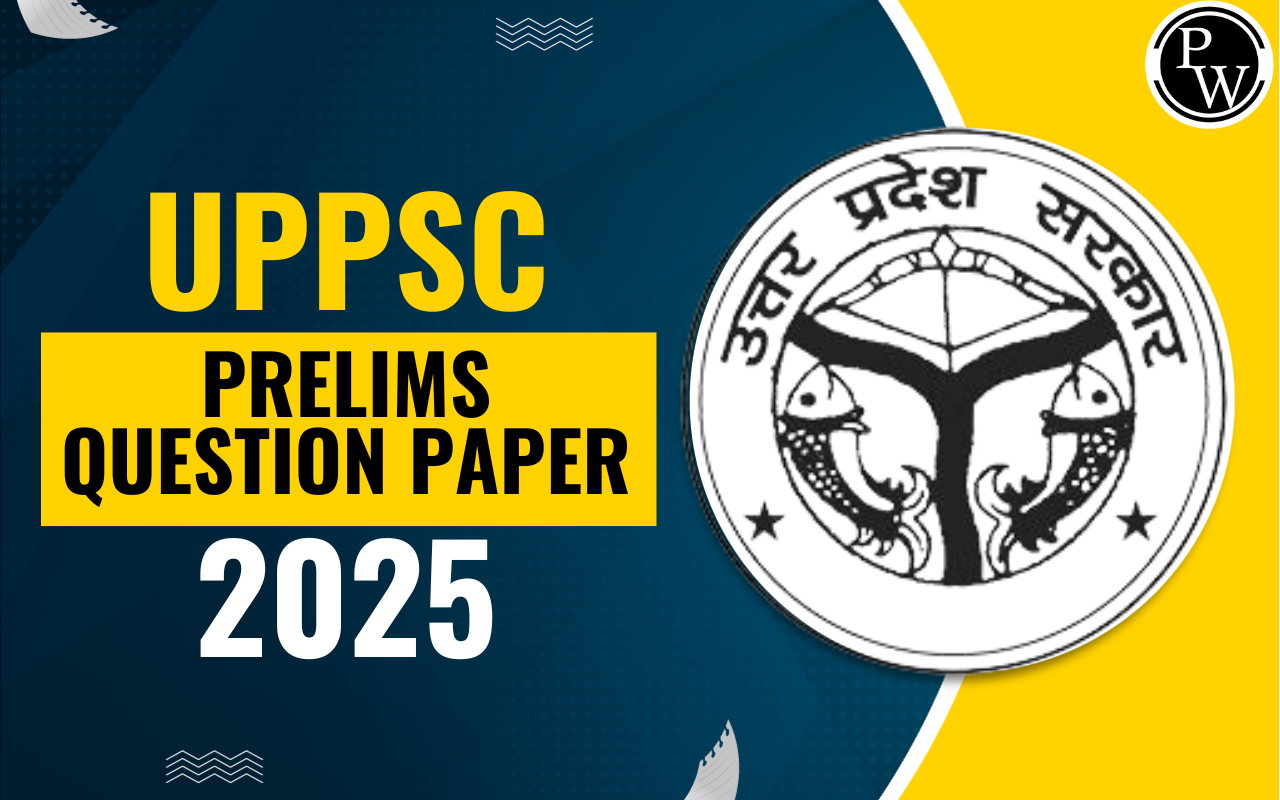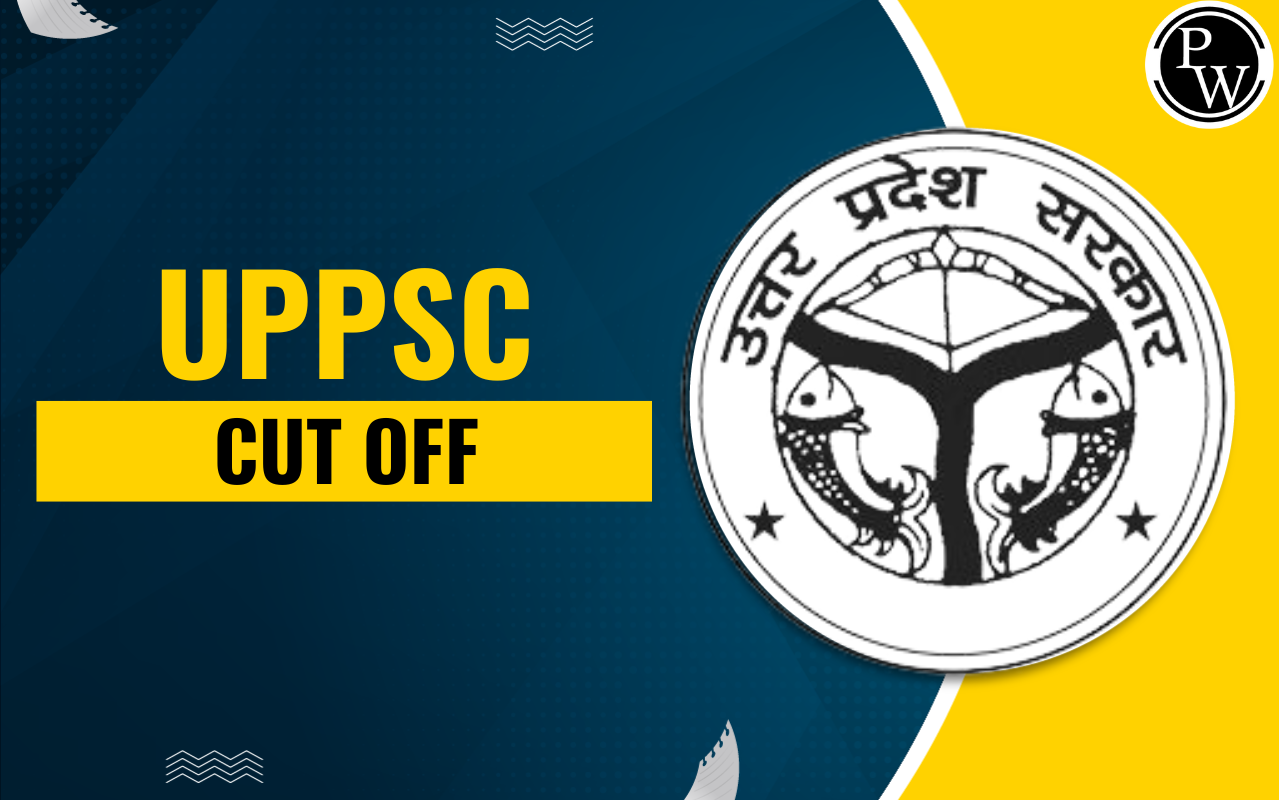
New Chief Justice of India: Justice Bhushan Ramkrishna Gavai became the 52nd Chief Justice of India on May 14, 2025. This is an important moment in India's judicial history. He is known for his strong legal knowledge and years of dedicated work. His appointment is also special because it shows progress in making the top court more inclusive and representative of all people.
Personal and Professional Background of New Chief Justice of India
Justice Bhushan Gavai was born on November 24, 1960, in Amravati, Maharashtra. His family was greatly influenced by Dr. B.R. Ambedkar. His father, R.S. Gavai, was a well-known politician who became a Buddhist along with Dr. Ambedkar in 1956. This background had a big impact on Justice Gavai’s life and career.
He became a lawyer in 1985 and mainly worked at the Nagpur Bench of the Bombay High Court. He focused on cases related to the Constitution and government rules. He also worked as a lawyer for the Maharashtra government and helped represent city and education-related bodies.
On November 14, 2003, he was made an additional judge of the Bombay High Court and became a permanent judge in 2005. Later, on May 24, 2019, he was appointed as a judge of the Supreme Court of India.
Read: Krishi Sakhi in UP
Caste and Religion of New Chief Justice of India
Justice Gavai is the first practicing Buddhist to become the Chief Justice of India. He is also only the second person from the Scheduled Castes (Dalit) community to reach this top position, after Justice K.G. Balakrishnan. His appointment is seen as a positive step towards making the Indian judiciary more inclusive and fair. It also reflects the ideas of equality and justice that Dr. B.R. Ambedkar strongly believed in.
Important Work and Big Decisions by Justice Gavai
Justice Gavai has played a key role in many important court decisions. Some of these include:
-
Article 370: He was part of the group of judges that agreed with the government's decision to remove Jammu and Kashmir’s special status.
-
Electoral Bonds: He helped decide that the electoral bonds scheme, which allowed anonymous political donations, was not legal.
-
Demonetisation: He supported the government's 2016 move to ban old Rs.500 and Rs.1,000 currency notes.
-
Freedom and Bail Cases: He led decisions to grant bail to AAP leader Manish Sisodia in a money laundering case, helped activist Teesta Setalvad get bail, and paused Rahul Gandhi’s punishment in a defamation case about the Modi surname.
-
Bulldozer Actions: He was part of a team of judges that criticized unfair bulldozer demolitions and gave rules to stop misuse of such actions.
Also read: CareEdge State Ranking Report 2025
Leadership and Vision of New Chief Justice of India
Justice Gavai is well-known for his strong knowledge of the Constitution. As Chief Justice, he is expected to lead the Supreme Court by always protecting the rules and values of the Constitution. In his first speech as Chief Justice, he said that every part of the government must work according to the Constitution. He also stressed how important it is for courts to stay independent and for the law to be followed by all.
Oath Ceremony of New Chief Justice of India
Justice Gavai took the oath at Rashtrapati Bhavan. The ceremony was led by President Droupadi Murmu. Many important leaders attended, including Vice President Jagdeep Dhankhar, Prime Minister Narendra Modi, and several Union Ministers. Supreme Court judges and former Chief Justices were also present at the event.
Padma Bhushan Awarded to Former Deputy CM of Bihar
New Chief Justice of India FAQs
Who is the new Chief Justice of India?
When did Justice Gavai take oath as CJI?
Who administered the oath to Justice Gavai?
Who did Justice Gavai succeed as CJI?
How long will Justice Gavai serve as CJI?

